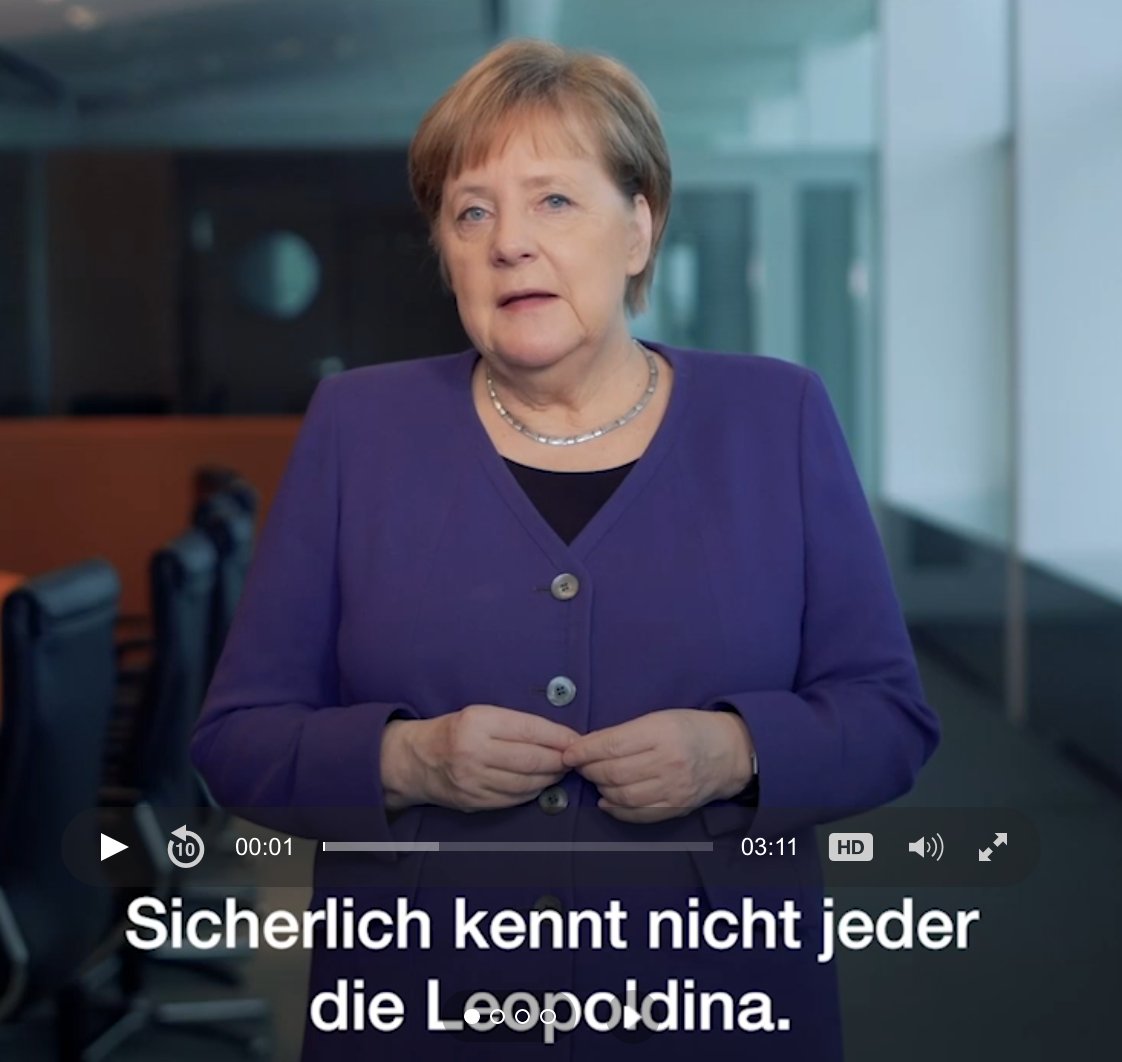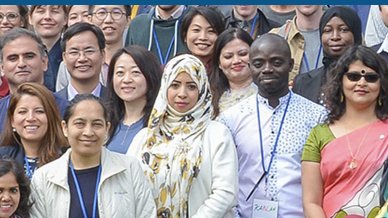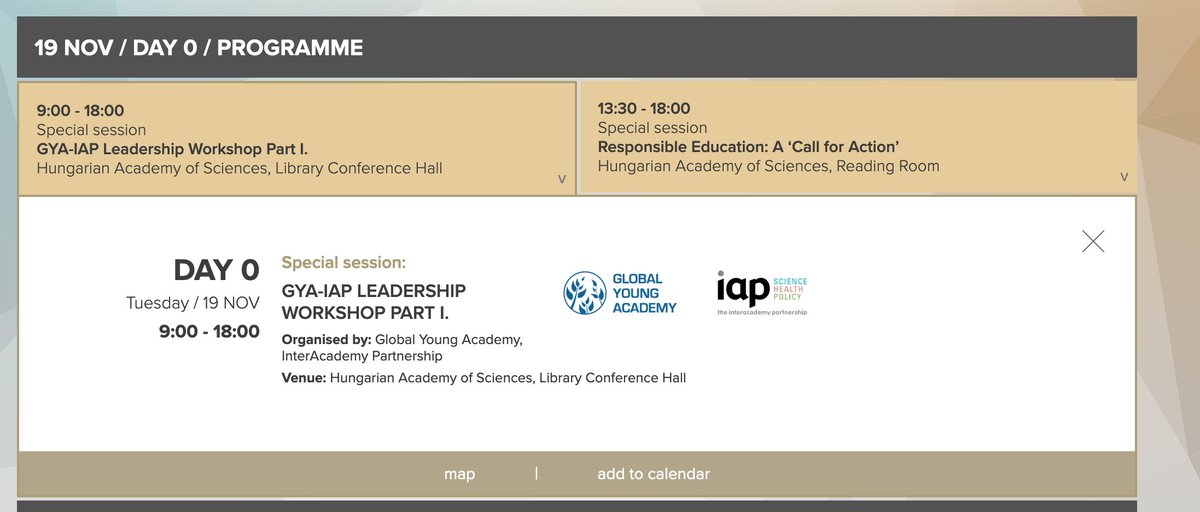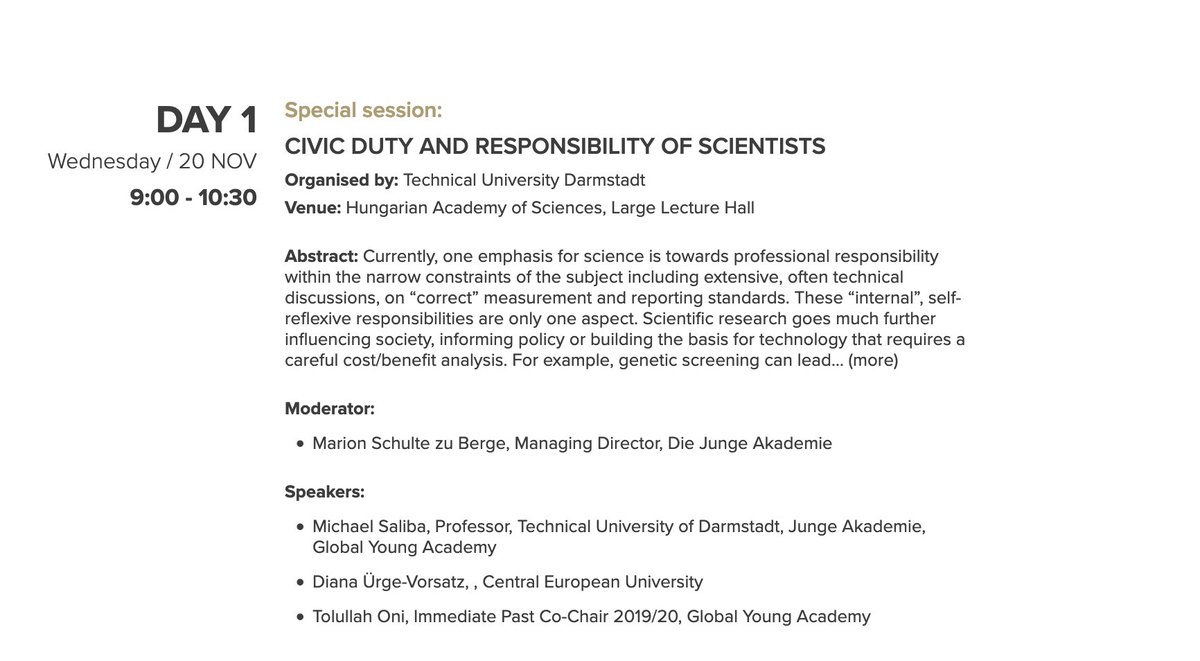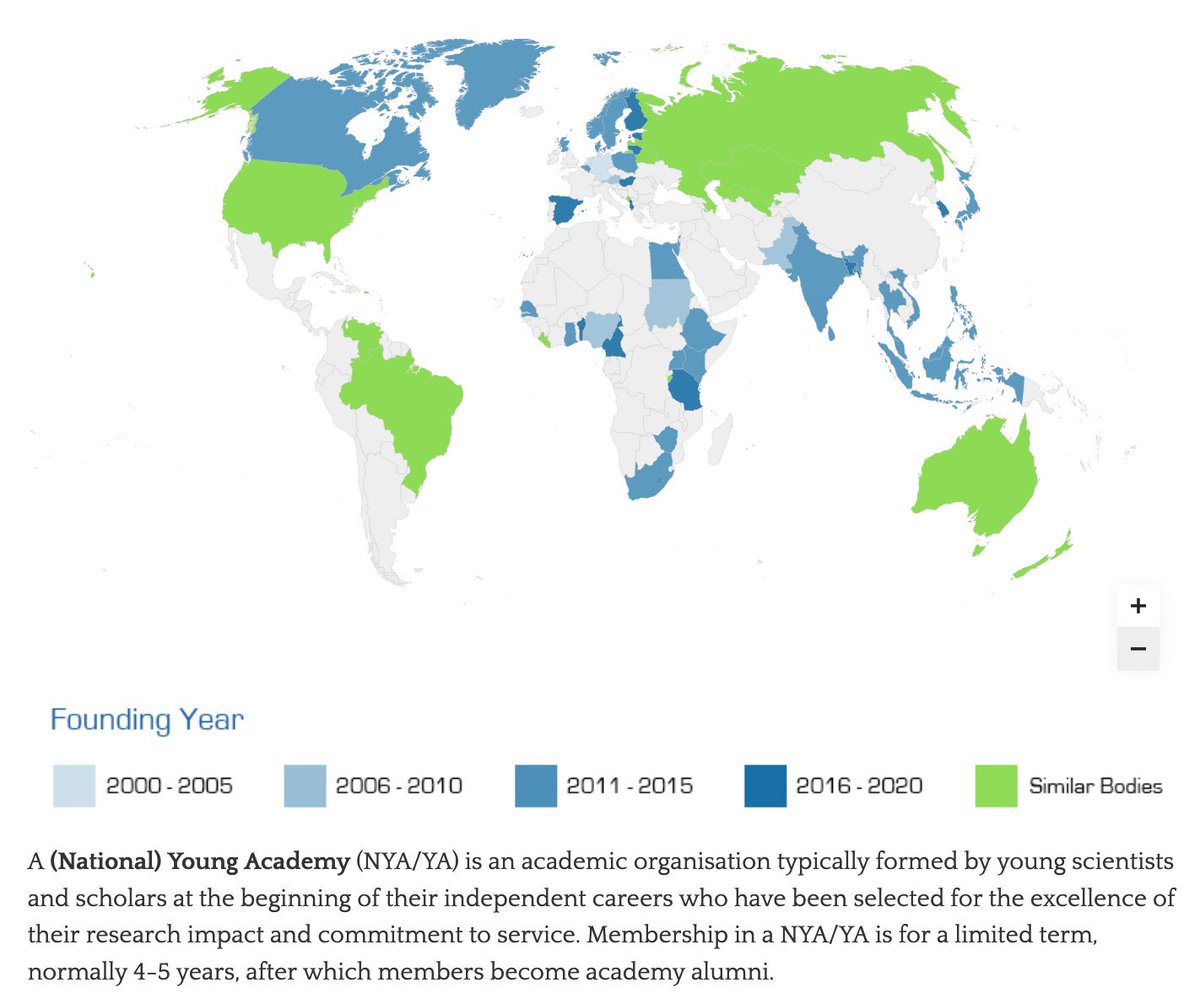
Tackling the easy questions this morning in India 🇮🇳 #SFS_2021 😊 

We researchers don’t have a lot of time. We’re in luck: digital #scicomm can be easy yet effective. More #scicomm from the 99%! 

Taking inspiration from @familyunequal - share & promote! 

Some fun activities on Menti: what are aspects of the *worst* science communicators? Lots of Indian context given in the answers: where pseudoscience is rampant & there‘s a big digital divide (I’m no expert on this) 

Talking a bit about the deficit model in science communication. There’s a place for it - but for scientists who see themselves part of societal discussions, other models are available and more helpful. 

Deficit model can mean both:
- the idea that public behavior changes due to disseminated information (“here are facts!” +“scientific literacy!”)
- that key societal issues are primarily *epistemic* and ought be addressed as such.
- the idea that public behavior changes due to disseminated information (“here are facts!” +“scientific literacy!”)
- that key societal issues are primarily *epistemic* and ought be addressed as such.
More co-productive, reflexive, critical accounts of #scicomm see #scicomm as contributing to more robust societal discourses - rather than following didactic purposes.
This type of #scicomm sees itself as part of, rather than apart from, or above, society.
#fscc21
This type of #scicomm sees itself as part of, rather than apart from, or above, society.
#fscc21

Worst of #scicomm:
Arrogant “dunking/ debunking”, manipulative campaigning, stealth advocacy, inattentiveness to political and cultural contexts, industry capture, ignorance of other disciplines or knowledge traditions... what else? @OpenAcademics
Arrogant “dunking/ debunking”, manipulative campaigning, stealth advocacy, inattentiveness to political and cultural contexts, industry capture, ignorance of other disciplines or knowledge traditions... what else? @OpenAcademics

There is need for expectation management too. The dissemination model isn’t responsible for structural challenges. #scicomm cannot solve things that require regulation (big tech), redistribution (wealth & power inequalities), investment (education systems) or social movements...
The @GlobalYAcademy has lots of #scicomm people I’d invite you to check out, likewise see the national young academies —> 

I point interested viewers to the work of @mbkearnes @jasondchilvers eg journals.sagepub.com/doi/full/10.11… for some of the things I mentioned.
And of course our friends at @PNASNews for the recurring seminars and work on this especially by @scheufele pnas.org/content/110/Su…
I’ll add more resources if there is sufficient interest. Time difference of 5 1/2 hours means I get to enjoy some morning coffee now.
Oh and also: if you have relevant research always post it here—->>>>
Also mentioned the excellent scicomm by @ExaltFibs - intriguing questions (that I couldn’t answer by the attendees). Big thanks to @IndiaDST and @Abhadra7
@threadreaderapp unroll
steps-centre.org/blog/postnorma…
Some of this is now outdated (Taiwan isn't magically shielded from a global pandemic), but I like the general approach taken.
Some of this is now outdated (Taiwan isn't magically shielded from a global pandemic), but I like the general approach taken.
In terms of evidence communication, I think a wide variety of non-manipulative approaches of science communication are compatible with this approach: inform, don't persuade.
@Sander_vdLinden @d_spiegel @alex_freeman
@MarteauTM
nature.com/articles/d4158…
@Sander_vdLinden @d_spiegel @alex_freeman
@MarteauTM
nature.com/articles/d4158…
And will leave this here:
With sessions including Lisa Herzog @STWorg D Sarewitz @MarciaCBBarbosa ! 🚨
With sessions including Lisa Herzog @STWorg D Sarewitz @MarciaCBBarbosa ! 🚨
https://twitter.com/globalyacademy/status/1391667453403480069
• • •
Missing some Tweet in this thread? You can try to
force a refresh



